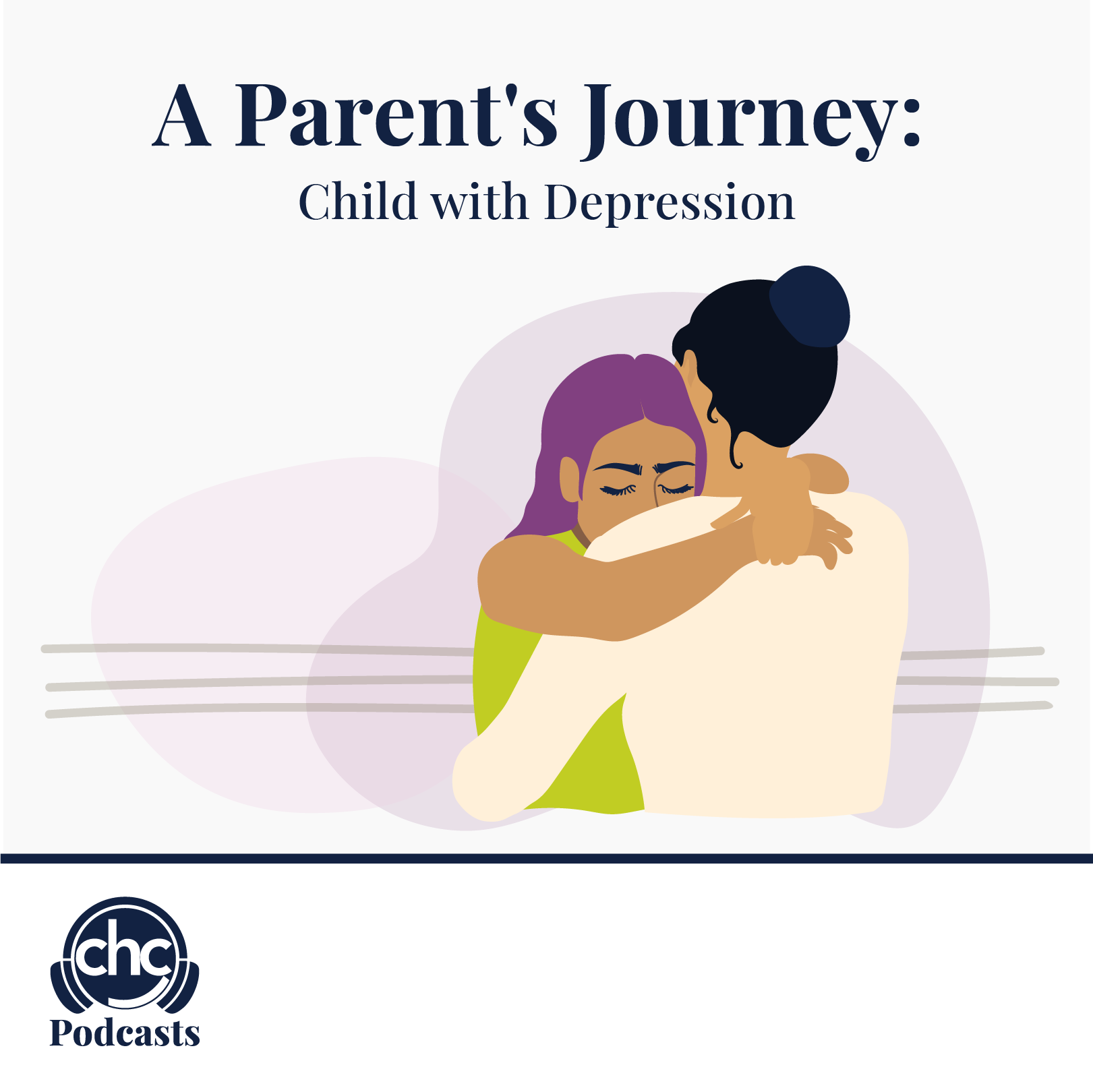A Crisis Line That Calms with Texting and Data
 Can algorithms be used to address more urgent social and individual problems, like how to build trust or provide effective care? Can algorithms be used to increase the love and kindness in the world?
Can algorithms be used to address more urgent social and individual problems, like how to build trust or provide effective care? Can algorithms be used to increase the love and kindness in the world?
These are the sort of questions that the people at the Crisis Text Line — a nonprofit organization that provides crisis intervention 24 hours a day via text messaging to the number 741741 — have been focusing on for four years. Their goal is to improve their own crisis counseling, shed light on the pain and suffering that Americans are experiencing every day and show how we can all find ways to respond better. Given the alarming rates of anxiety, loneliness, suicidal ideation, depression and substance abuse nationwide, this work warrants major attention.
The Crisis Text Line works in partnership with close to 200 city- and state-level agencies, as well as universities and nonprofit services that offer assistance for a range of issues, including eating disorders, addiction, suicide prevention and child abuse. It is demonstrating the value of having a single national text-based hotline for crisis intervention that cuts across issue areas and geographies.
Text messaging has turned out to be a surprisingly effective way to do crisis counseling. To begin with, it’s the default mode of communication for young people. Three-quarters of Crisis Text Line’s users are under 25 years old and 12 percent are under 13.
“Texting also offers anonymity,” said Becka Ross, a licensed clinical social worker who spent 12 years as a therapist for youths at risk and now works as a supervisor for Crisis Text Line. “Almost two-thirds of the people who text in tell us something they’ve never told another human being. And they can text us from anywhere and nobody knows. If they were talking to a friend or calling a hotline, they’d have to go somewhere private. But a student can text us from the lunchroom when they’re being bullied or the school bathroom.”
Recently, Crisis Text Line has anonymized its data and opened it up to researchers. Currently, 15 teams have received access and are exploring questions like: How can we better understand the extent of child abuse by examining the language that children use in conversations (they often don’t mention the word ‘abuse’)? How do hate crimes, legalization of gay marriage or anti-gay bias at the local level impact mental health in L.G.B.T.Q. communities? What is the relation between suicidal ideation and altitude? (Montana, Utah and Idaho rank first, second and third for highest levels of suicidal ideation.)
Researchers at Stanford University are using the data to determine why some crisis counselors are more effective than others at making people feel better. With millions of messages, it’s likely that similarities will be discoverable among some types of interactions, according to Jure Leskovec, an associate professor of computer science at Stanford. A smart system can then analyze what successful counselors did and provide feedback in real time.
Excerpted from “A Crisis Line That Calms With Texting and Data” in The New York Times. Read the full article here.
A screening can help you determine if you or someone you care about should contact a mental health professional. Care Coordinators can arrange a free 30 minute Care Consultation so you can explore options with an expert.
We invite you to call or email our Care Coordinators at 650.688.3625 or careteam@chconline.org to set up an initial Parent Consultation appointment.





